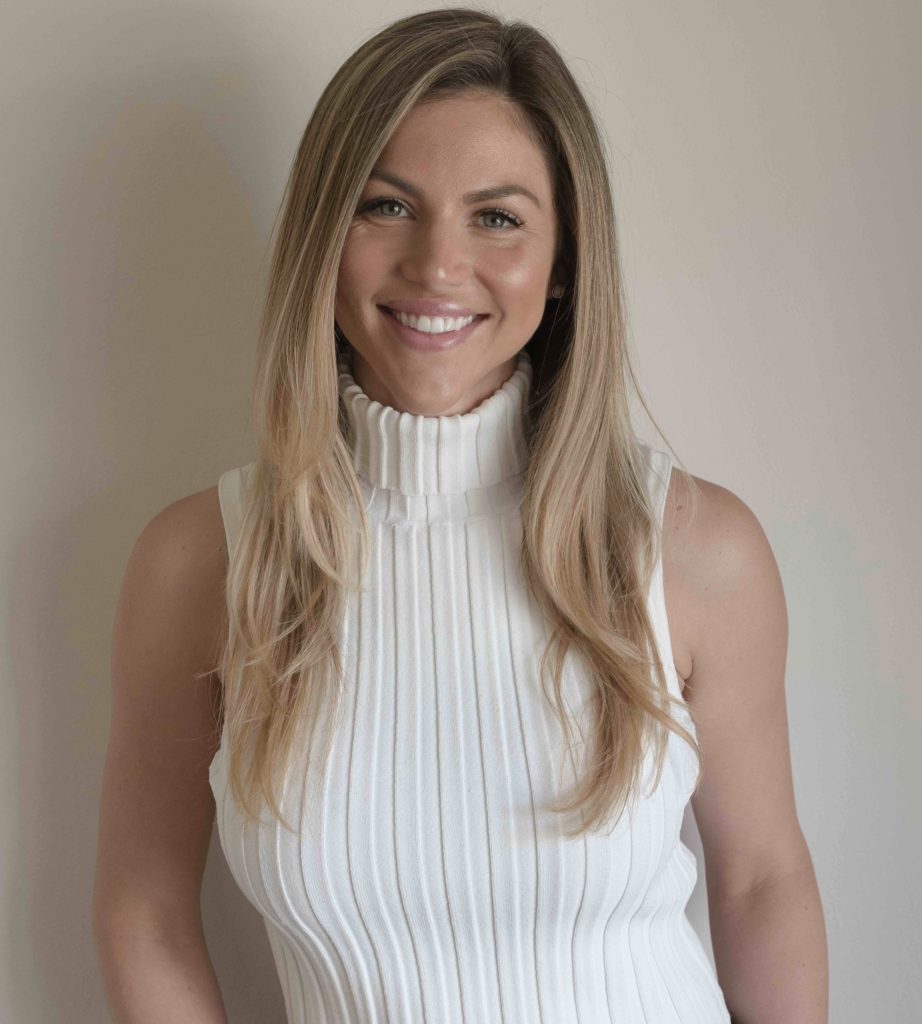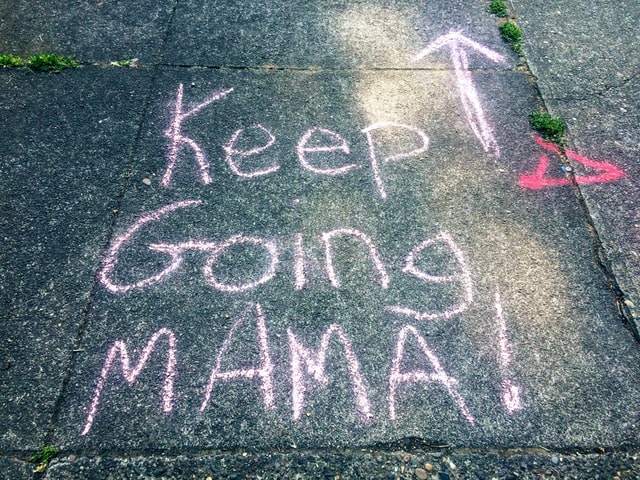Many clients come see me and feel it’s a personal failing on their part that they are overweight or obese. Or, they have been diagnosed with a chronic illness (like diabetes, cardiac conditions, or certain cancers) and have a lot of remorse over lifestyle decisions that contributed to their diagnosis. Because I am both a behavioral therapist and a health coach I can say one thing for certain: That kind of guilt and shame have to place in an optimal health plan.
Cause and effect is an important association to recognize. However, guilt and shame or beating ourselves up emotionally does not help. As anyone who has tried to guilt or shame ourselves into perfect behavior the night after a binge knows… it doesn’t work! In fact, this can perpetuate a cycle where maladaptive behaviors are reinforced.
A FOUR-PRONGED APPROACH TO OPTIMAL HEALTH
I take a four-prong approach in my optimal health program design for my clients who fall into guilt and shame patterns related to substance use and overeating:
1: EDUCATION
We live in an obesogenic society where large corporations profit off of our overindulgence and the consequences of that excess.
Modern humans have been around for 200,000 years. We evolved to gravitate toward foods that combine sweet and fat. This gravitation is for good reason: do you know the only natural food substance on earth that combines sugary sweet with salt and fat? Breastmilk!
Well, breastmilk is no longer alone in this category of highly addictive flavor combos. Since the introduction of processed foods in 1920, food corporations and food scientists have processed foods to incorporate these flavors which keeps us coming back for more. Our 200,000 year old biology has not caught up to the changes in the food industry just one hundred years ago.
THE HORMONE EFFECT
Breastmilk aside, we are hard wired to gravitate toward nutrient dense, rare foods not often found in nature. With these foods being omnipresent in our environment these days, it is no wonder we cannot trust our constant cravings for them as a true need for energy.
Our human nervous system desires balance and equilibrium. Our ancient systems are designed to accept short bursts of sympathetic nervous system (flight or fight) cranking out cortisol, but our bodies want to return to a parasympathetic state (breed and feed) most of the time.
Yet, the culture in the United States is prime for a chronic high stress environment: long working hours, little exposure to nature and bodily movement, dual income working families, and lots of sitting and computer work. It is no wonder many in our US culture have poor digestion, we seek chemical depressants (like alcohol and pills) to chill out and unplug, and then stimulants to keep up (hello, caffeine and Adderall).
IMPOSSIBLE BEAUTY AND FITNESS STANDARDS ENCOURAGE SHAME AND GUILT
There are other factors we explore in our understanding of optimal health as well, such as impossible beauty and fitness standards perpetuated in our society. I talk to my clients about how commercial and materialistic solutions to self esteem are pervasive in our lives. We also discuss how government subsidies for big agriculture (mostly GMO, non-organic corn crops) and big pharma companies reinforce these harmful standards and material solutions.
I find that especially with the young women I work with, it is eye opening to review with them who truly profits from these cycles. Starting with this type of education relieves my clients from the self-focused shame and guilt they were holding when they started working with me.
2: BEHAVIOR CONTRACT
Once my client and I explore what needs to change, why it is happening, and what factors will contribute to increased outcomes, it is time to write specific goals.
I Identify a baseline of behavioral variables that are contributing to adverse health outcomes for them. For example, after educating my client on the health issues related to processed fast food we target BMI, waist inches, or body fat % and focus on reducing fast food consumption from a baseline of 6 days per week down to 4 days per week.
Next we discuss interventions to achieve this goal, such as taking an alternate route home from work, meal prep two days per week, eating that meal prep before the client leaves the office so as not to be tempted by seeing that fast food establishment en route.
These goals and interventions are then written in the Behavior Contract (goals may change over time depending how the data looks). It will look something like this:
- James will eat fast food on no more than 4 occasions during a seven day period from September 1, 2020- September 7, 2020.
- He will prepare two macro adherent meals during a seven-day period and have that food available to him at 5pm two days per week from September 1, 2020- September 7, 2020.
TRY THIS HEALTHY RECIPE: SHRIMP SCAMPI WITH ZOODLES
3: ACCOUNTABILITY WITH A FOCUS ON ENCOURAGEMENT NOT GUILT AND SHAME
I help my clients keep track of their adherence to the plan and give them encouragement. There are many apps that you can use for this function, but good ole excel is my favorite. This way, you can make graphs, pivots, and analyze the data in consideration with other factors.
The data helps my clients and me to modify the goals and interventions together. This part of their optimal health plan holds them accountable with encouragement, not shame and guilt.
RELATED POST: PLAN, PREP, CONSISTENCY – THE KEY TO GOALS
4: FADE OUT
Once my client’s data is trending well and they have gotten to a place that meets their physician’s and/or their goals it is time to discuss the fade out plan. This should be gradual, and highly emphasize establishing a healthy community/lifestyle for the client to ensure long term optimal health.
I reassure my clients that they can always come back for new goals or to brush up past issues if they rear their head again. But, I also help them understand that it is their network and healthy community that will be the biggest support for them. This is what is ethical due to the cost, time and the potential for dependence on coaching.
Perhaps the most important reassurance I give them though, is to leave behind the shame and guilt they originally had about their health.
This system has proven extremely effective for the vast majority of my clients. We can be mystified in the land of Oz, and only when we see that there are systems operating behind the curtain can guilt and shame be curbed. Once we realize, understand, and expose the wizard pulling the levers of our behavior- we can take all the pressure off ourselves in the relentless pursuit of willpower that I often find people grasping for.
Understanding that we are fighting against a larger system at play helps us tease apart our drives, and create a holistic picture of optimal health that can serve our journey forward.
If you are interested in knowing more about the Cognitive Behavioral Psychology approach I take with my clients, reach out to me at Mothership Wellness! I’m here to help!
To Your Optimal Health!
Ashley

Ashley Damaj is a Cornell trained Nutritionist, USC trained masters-level therapist, and post-masters Board Certified Behavior Analyst. An avid athlete, yogi, organic farmer, and chef; Ashley lives with her husband and daughter in Newport Beach, California.
She is the founder of Mothership Wellness, Inc., an integrative private practice. The backbone of her business is working directly with clients on ten pillars of wellness that are assessed and improved through actionable, short term, goal oriented individualized programs.
As a former pack a day smoker, drug/alcohol abuser, and overweight individual, Ashley’s mission is to bring behavior modification science and empirical solutions to individuals and families who want to make the move to a more healthy lifestyle be in alignment with the fullest expression of themselves.
She has worked in both corporate and clinical settings over the course of her career. Ashley has held Director level positions at a Fortune 5 companies, to clinical positions in a variety of therapeutic settings
(juvenile hall, domestic violence centers, in-home therapy, facility settings, etc.). Ashley has with diverse clientele of all ages using CBT, ACT and Behavior Analytic modalities for over a decade.



